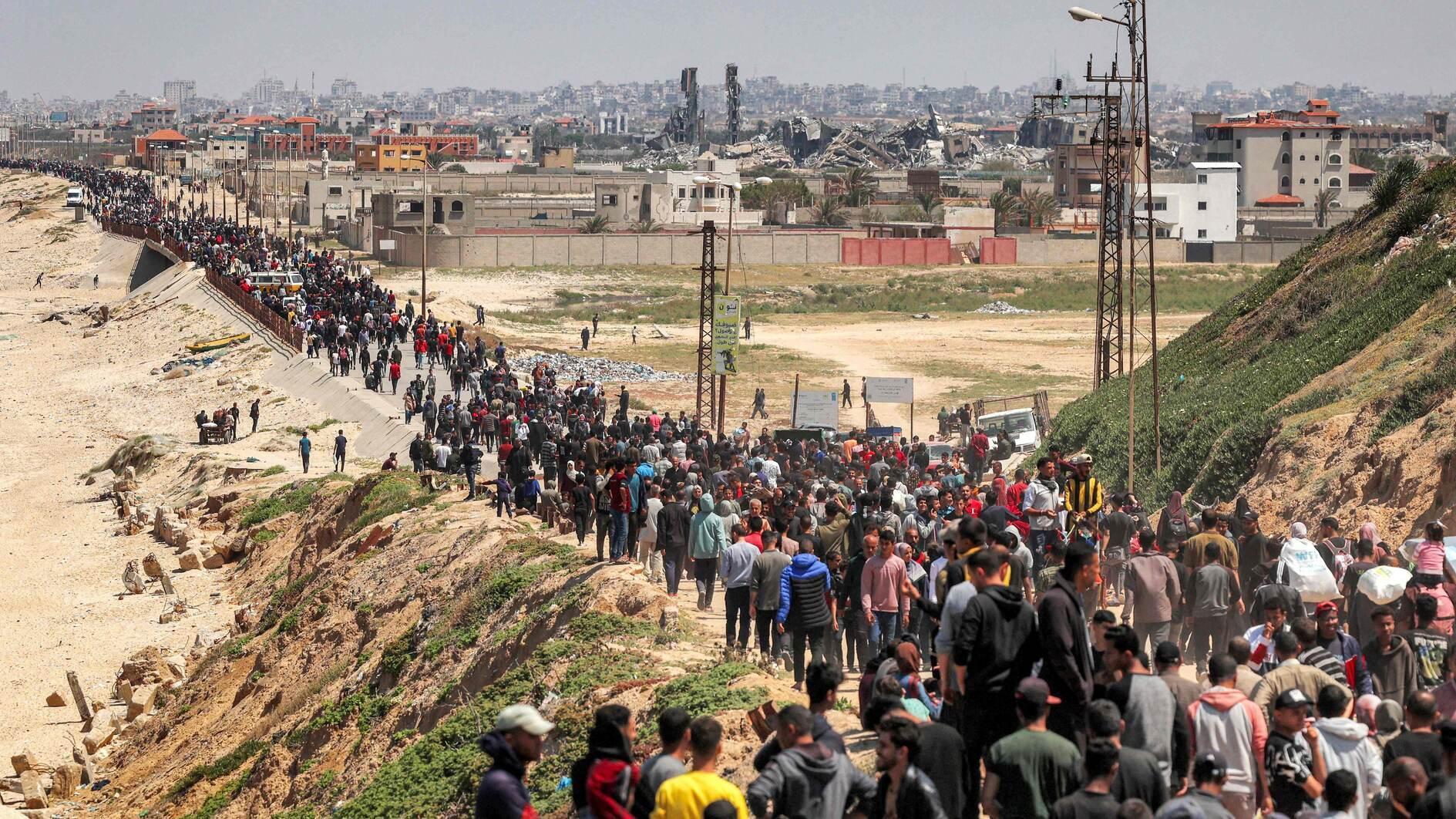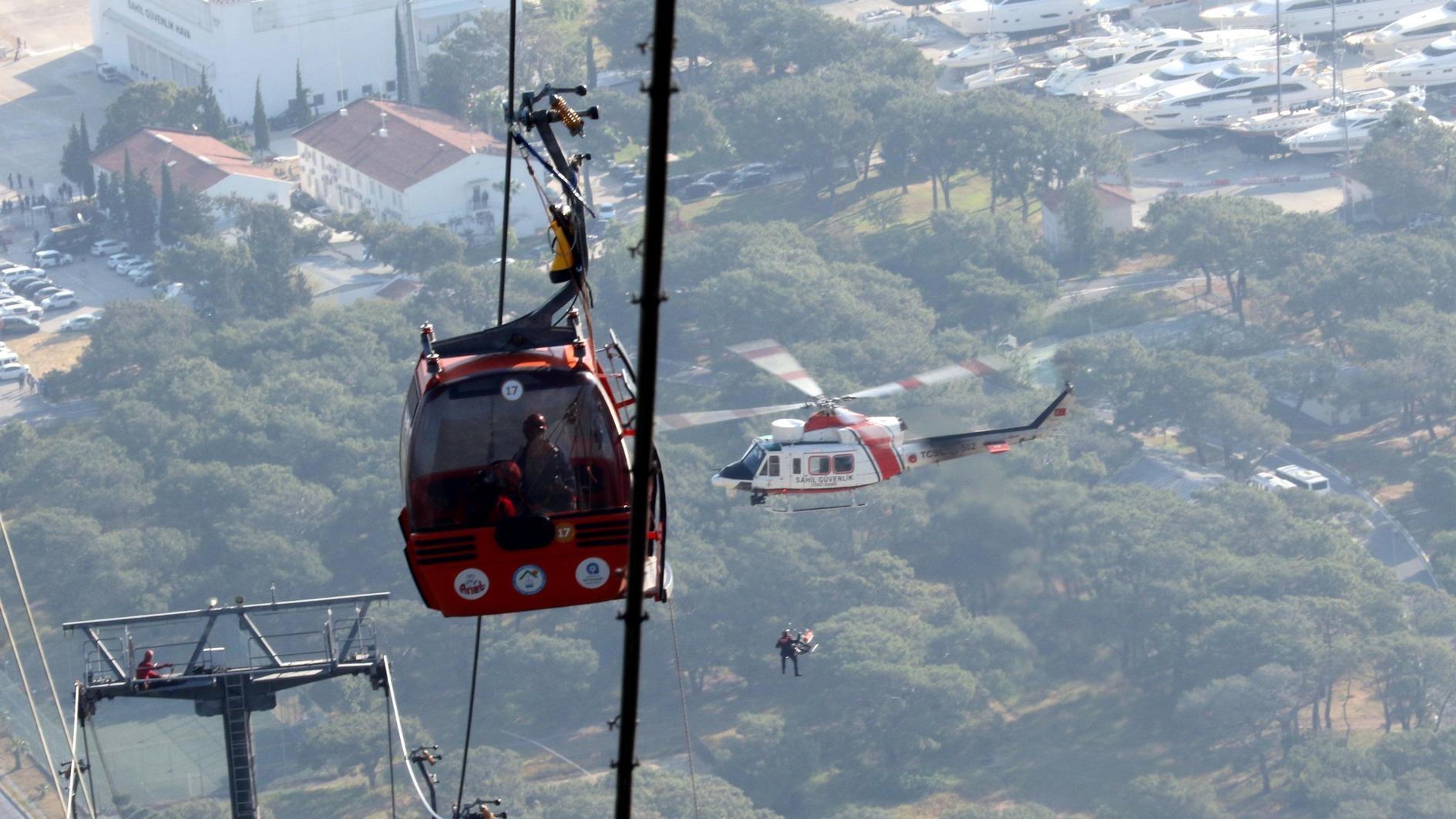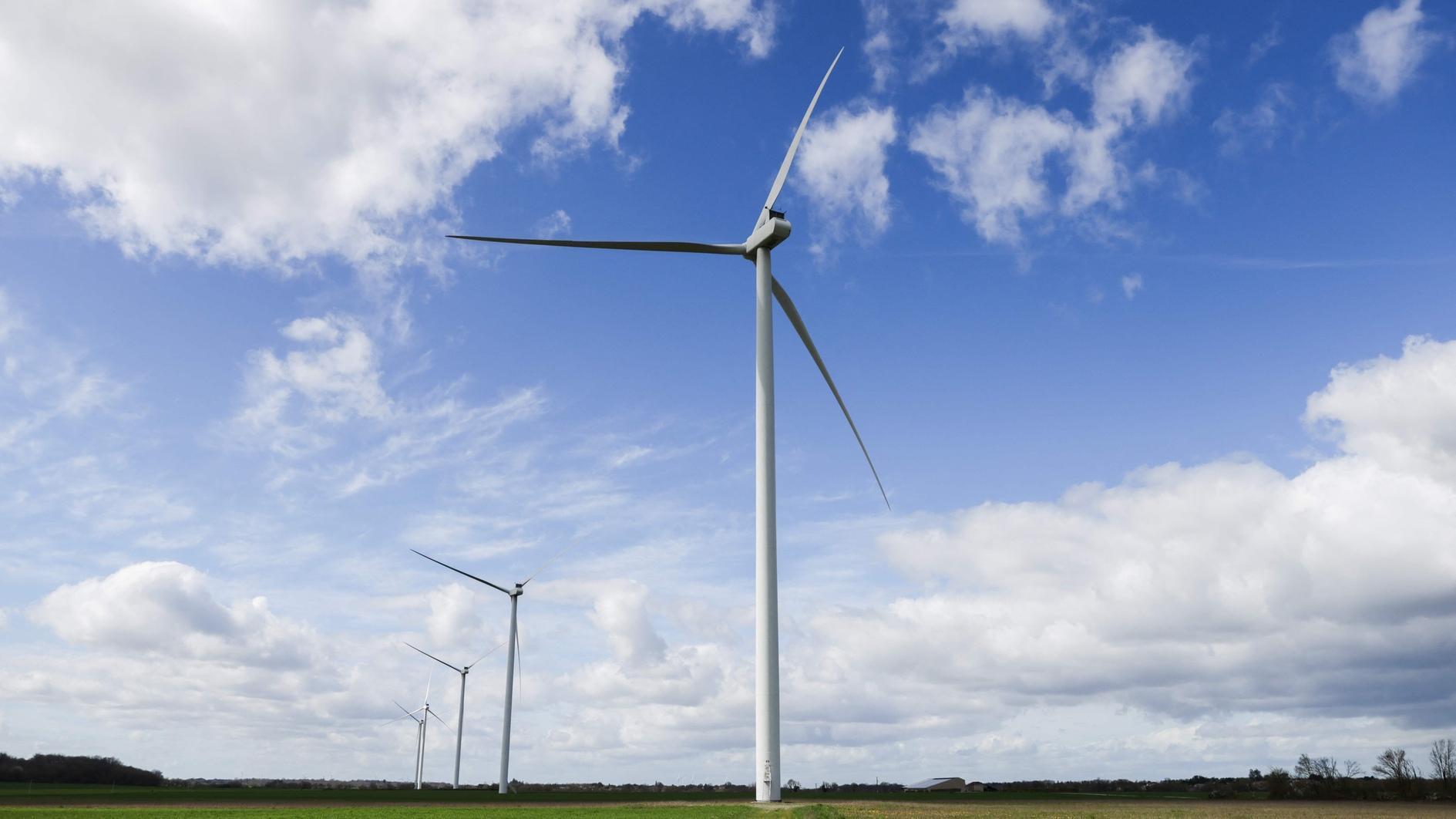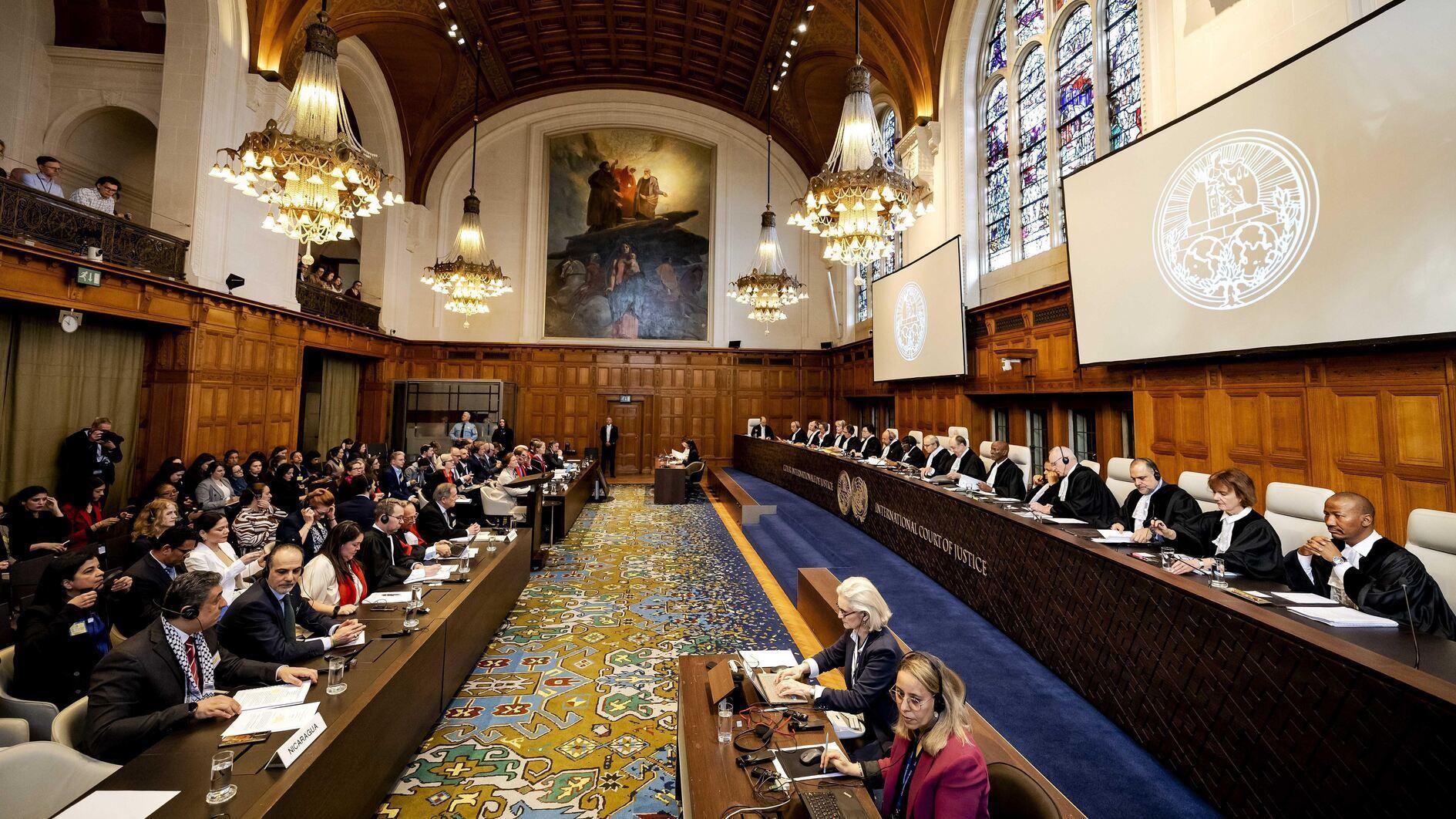The new Turkey: Hell, heaven, or what?
The June 24 elections resulted in another win for President Tayyip Erdoğan. He got more than 26 million votes overall, amounting to 52.6 percent of more than 50 million valid votes, thus exceeding the 50 percent threshold to get elected in the first round. It would not have been possible for Erdoğan to get re-elected and also maintain his legislative majority in parliament if his Justice and Development Party (AK Parti) had not allied with the Nationalist Movement Party (MHP), led by Devlet Bahçeli. The result effectively drags the two parties closer to work together in parliament and perhaps in government, in a (named or unnamed) coalition.
Erdoğan’s closest rival was Muharrem İnce of the Republican People’s Party (CHP), who was nominated by CHP head Kemal Kılıçdaroğlu. İnce turned out to be a charismatic speaker who could attract people to his rallies, but it ended up being obvious that those inspired by him were mainly CHP grassroots supporters hungry for an energetic leader. İnce managed to increase the main opposition CHP’s vote potential from the stable 25 percent to above 30 percent (getting 30.6 percent in the end), which meant more than 15 million votes in total. But that was not enough as Erdoğan was able to win more than half of the votes in the first round.
But the silence of CHP officials - especially İnce, who had high expectations - prompted poisonous speculation on social media, encouraged by the disappointing results reported by state-run Anadolu Agency and the worrying crowds who were opening fire into the air in an early celebration of Erdoğan’s victory. Those speculations included suggestions that Erdoğan had made some kind of threat. The mystery further deepened after news emerged of İnce admitting defeat in answer to a TV journalist’s telephone message. That further disillusioned his supporters, who rushed to his rallies and signed up as ballot box observers against the possibility of vote fraud.
İnce appeared before the cameras at midday June 25 to say he was not threatened by Erdoğan or anyone else. He also apologized to voters for not admitting defeat a night before. “I was busy comparing our results with those of the Supreme Election Board [YSK],” he said. But the difference between himself and Erdoğan was no less than 11 million votes, more than the entire population of some countries.
“I recognize the election results. The election campaign was unfair, there were irregularities and fraud but the difference was too much. If you cannot congratulate the eventual winner you shouldn’t enter the race,” İnce added.
However, he also warned citizens about the “great danger” of the new system. “We have shifted to one-man rule. This will remain our biggest concern going forward,” he said, also calling on Erdoğan to be “the president of all citizens,” not just the supporters of his AK Parti.
Erdoğan, meanwhile, said that thanks to the new executive presidential system approved in an election with around 88 percent turnout, Turkey would experience a much better future. By bypassing what he called the “bureaucratic oligarchy,” he said his government would be able to take and implement decisions much more quickly in the service of the people. “We received the messages delivered by the people,” Erdoğan said. He did not go into specifics but it was possible to derive one of the messages from his speech as being a renewed anti-terror fight. “Our people have approved the fight against terror,” Erdoğan said, in remarks that are likely to please his election ally Bahçeli more than anyone else.
The new Turkey, under a new administrative system, will be neither hell nor heaven. It will present new challenges in addition to old ones, including economic and foreign policy problems. The time is now right for both economic and judicial reforms, which are likely to have an impact on foreign relations too. If Erdoğan is able to properly use this opportunity - amid winds of change and similar problems elsewhere in the world – it could be to the benefit of both the Turkish people and Ankara’s Western allies.











